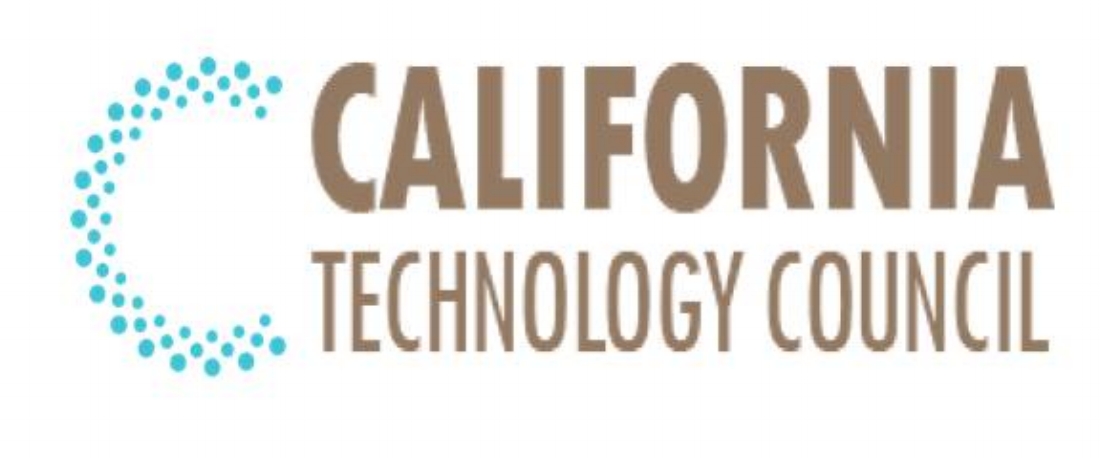by Matt Gardner, CEO, California Technology Council
Senator Ron Wyden (D-OR) referred to the US tax code as a "rotting economic carcass" this morning at a Digital Economy Roundtable in Palo Alto.
He wasn't alone in pointing out the obsolescence of important pieces of US code. Brad Smith, General Counsel of Micsosoft, pointed out that the Electronic Communications Privacy Act is vintage 1986. In his words, if that were the age of a technology product, it would be in a museum.
Senator Wyden moderated a discussion between Smith, Eric Schmidt, Chairman of Google, Colin Stretch, GC of Facebook, John Lilly, Partner at Greylock and Ramsey Homsany, GC of Dropbox.
Their central thesis for the discussion was actually trust and privacy in the current global technology landscape. But it was the carcass comment that was the most explosive remark made.
There are so many problems with the present US tax code, no beginning point would be sufficient in a short-form discussion. Even former President Bill Clinton pointed out the insanity two weeks ago at the Clinton Global Initiative.
Corporate tax rates are so punitive, companies and their investors are incentivized to leave cash offshore and engineer investments to put that capital to work outside the US. This is the definition of counterproductive. In fact, it has been going on for years and has nothing to do with the inversions capturing attention at present.
Apart from the corporate tax rate, there are other approaches that could stimulate investment and growth. From targeted capital gains tax that stimulates high risk venture investing in nationally strategic industries to R&D tax credit mechanisms that have spurred growth and innovative leadership in the US for decades, there are tools available to tax reformers.
There's part of the rub. Pushing for "comprehensive" tax reform creates great difficulty. First, if no single issue can be identified that brings all parties to the table, everything has to be considered at once. Second, that very comprehensive discussion brings out every stakeholder with an independent agenda. In part, our system was designed to work that way. We are Constitutionally empowered to assemble and petition the government (part of what we love about associations and public affairs).
Is there hope for the kind of tax reform in 2015 that would boost the US economy? Can it even come to the top spot on an agenda with a divided Congress? That's a significant reason this is the equivalent of a moonshot.
These processes require years of front-end investment. Ultimately, the NOL issue in California had no opposition, but it still required three years and 51 visits by CEOs and CFOs to Sacramento to get it first understood, then passed.
Taking the time to consider the multitude of voices probably makes comprehensive tax reform a multi-year process.

